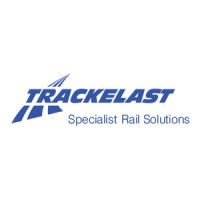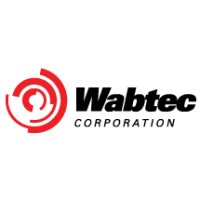
Trackelast
Since 1946 Trackelast has specialised in the design, development, testing and manufacture of resilient rail support materials and other components designed to reduce noise and vibration from rail track, whether that be for heavy or light rail applications. Trackelast offers specialist rail solutions by providing a full technical service, supported by our in-house R&D facilities, to assist in specifying and selecting materials for a wide variety of applications.






